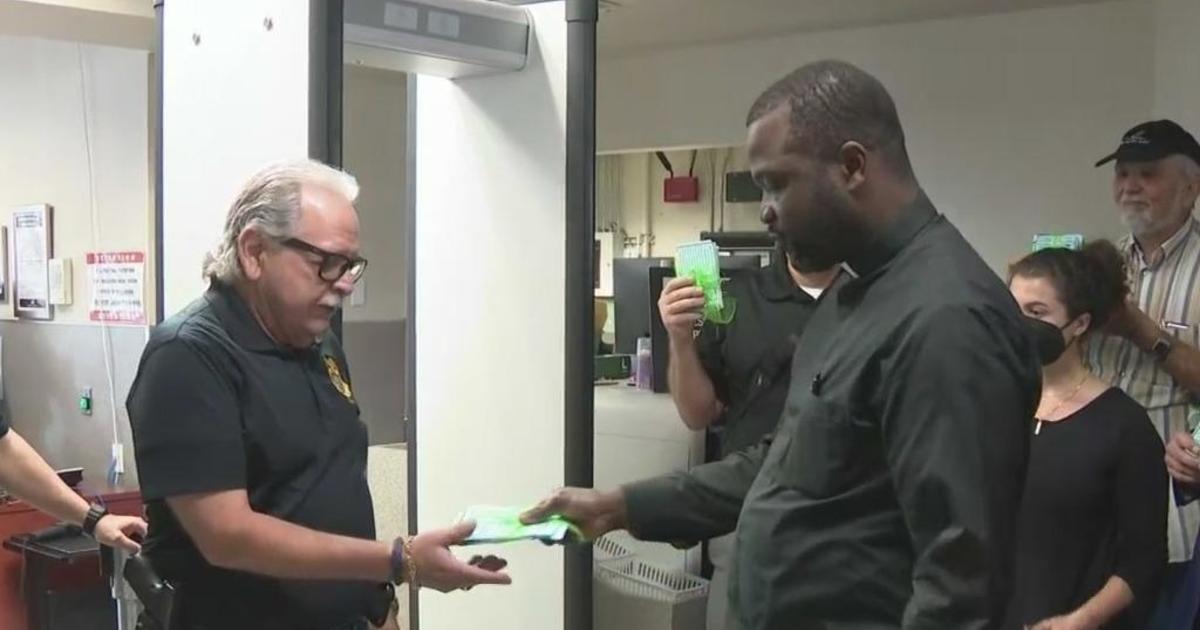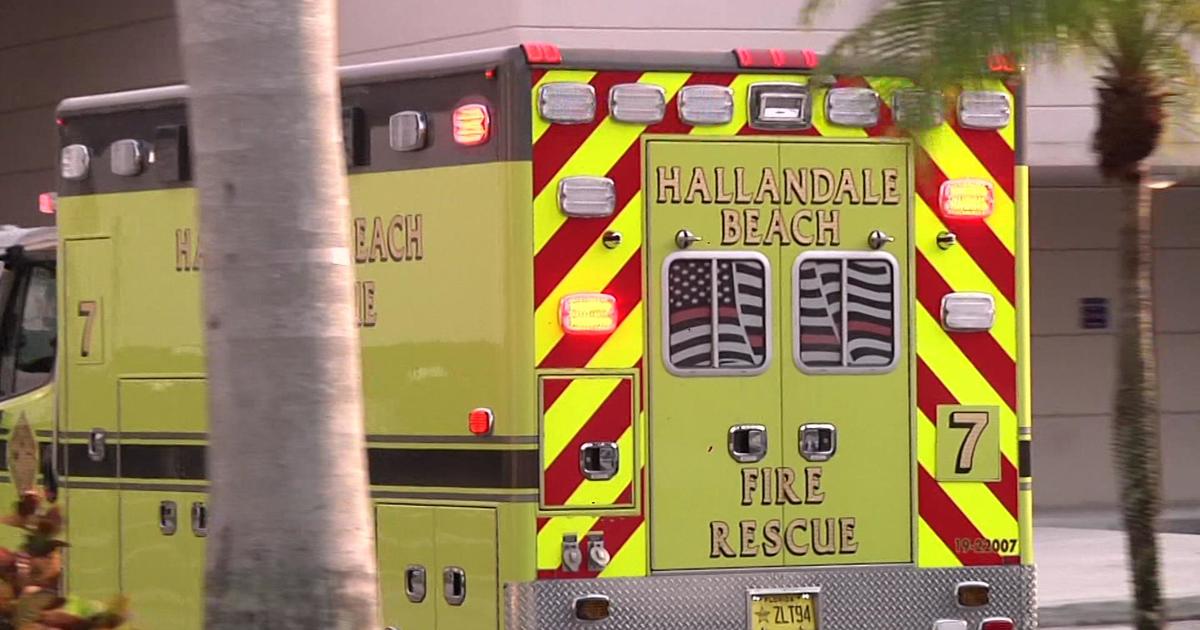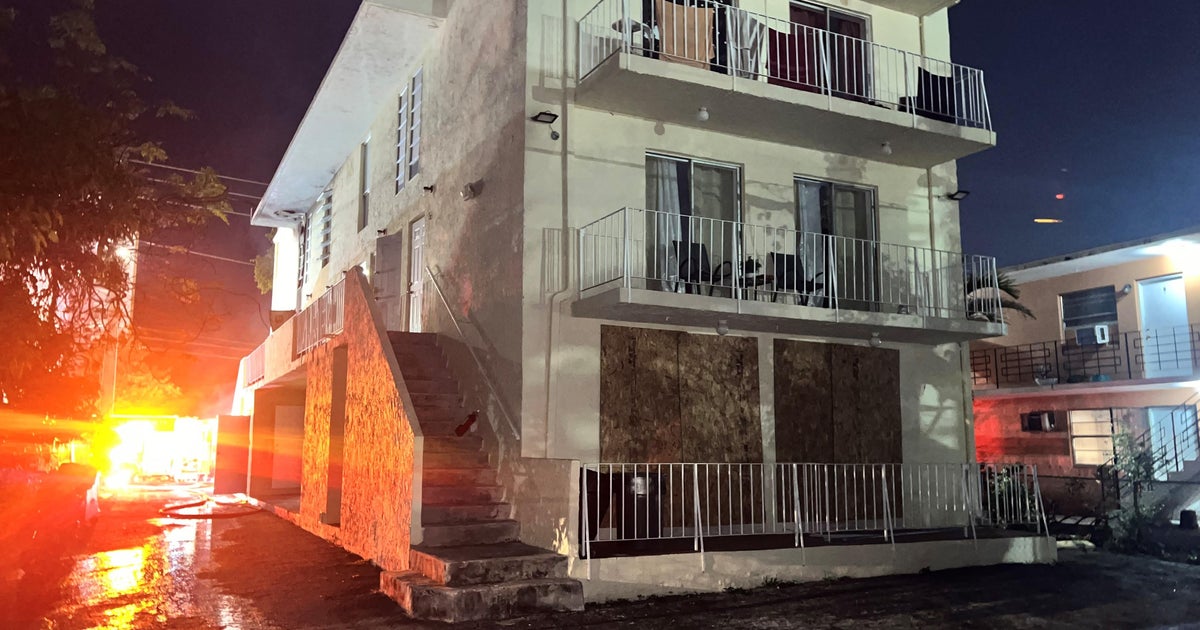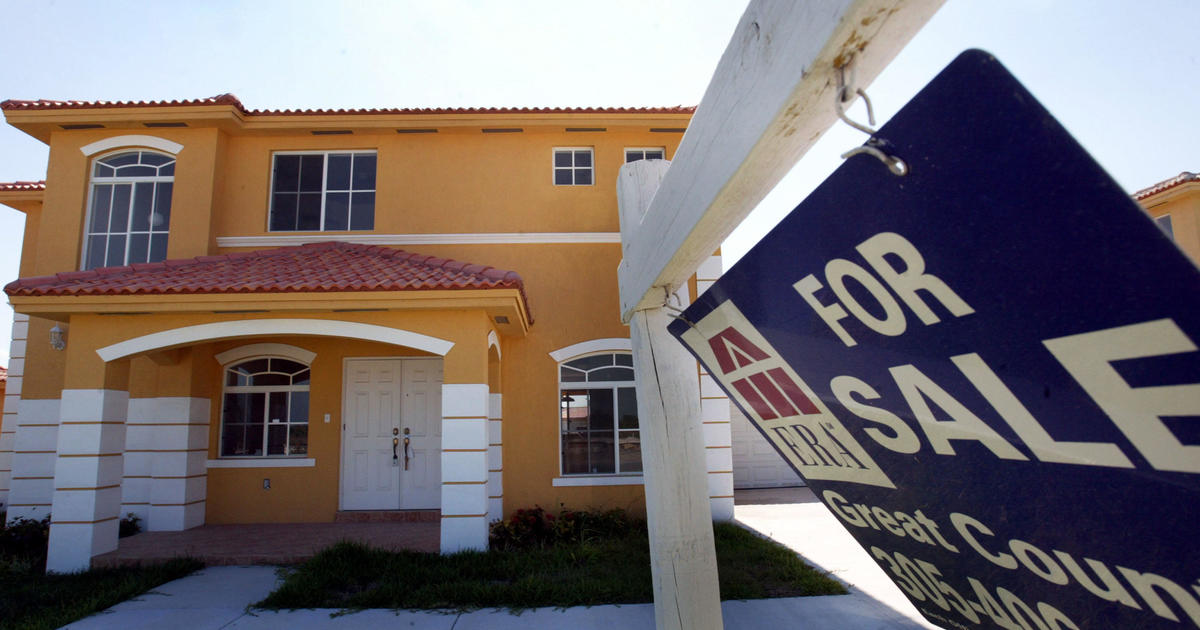Miami Beach Take Up Zika, Naled Spraying Again
Follow CBSMIAMI.COM: Facebook | Twitter
MIAMI BEACH (CBSMiami) -- Locals gathered outside Miami Beach City Hall Wednesday morning, waiting to voice their opinion on aerial spraying in the fight against Zika.
Mothers with children and people holding signs protesting the spraying of Naled were just some of the demonstrators in the group.
Zika 101: Prevent Spread By Protecting Yourself
Chants calling for no more aerial spraying could be heard in a standing room only Miami Beach city commission chamber.
Inside, city commissioners were set to take up various topics on the city including some residents' opposition to the use of Naled.
Those who oppose the spraying say they believe it may be harmful to their health, despite positions expressed by federal, state and local governments saying the amount sprayed is too low to be harmful.
Despite opposition, government officials continued to reiterate that Miami Beach is in a public health crisis and, in their opinion, all actions need to be taken to prevent the spread of the virus. They said this is a community that, essentially, has to accept it.
That position did not go over well with protesters and families asking for at least a two-week moratorium to look for and evaluate other options.
"I think it's atrocious that our government and our politicians are still pushing this and saying that it's okay," said a protester while holding her child.
"We're just pushing a narrative of fear that we're all going to have microcephaly babies. It's really not tracking with the data," said local advocate Albert Gomez.
In the chambers, experts lined up on both sides of the controversy over the aerial spraying of Naled.
"I think the county is rushing to contain the Zika virus with good reason. Zika is a real threat," said Commissioner Ricky Arriola.
Miami-Dade's Deputy Mayor turned out to support the need for spraying.
"When that deputy mayor stood up, you could see a change in that commission. They were like puppets," said protester Ian Trottier.
Commissioner Michael Grieco proposed a resolution- calling for a 2-week moratorium to find an alternative to aerial spraying – but that ultimately didn't win support.
"I think that we lacked political will today," added Gomez.
"I'm scared because this weekend we're going to get sprayed again and then I believe the following weekend so it's definitely setting a precedence that this is okay and it's going to continue to happen and it's wrong," said activist Michael Difilippo.
Protesters said their main concern is the possible long-term effect of the spraying. They aren't the only ones.
Last week, dozens of protesters lined up in front of Miami Beach City Hall calling on a delay to the first spraying session of Naled in the city. Following that, city officials delayed the spray until last Friday. They said it was so those not wanting to be around during the spraying had time to leave.
Meantime, lawmakers in Washington, D.C. are working on passing a Zika funding bill that could be approved by the House and Senate.
With three weeks to go before the close of the session, the U.S. Senate may be close to passing a Zika funding bill. It's likely there will be compromise legislation before the close of the session.
As of Wednesday, there were 71 non-travel related cases of the virus in Florida and 639 travel-related cases. About 86 pregnant women in the state have been infected with Zika.
Related: Clock Ticking On Zika As Congress Tries To Agree On Funding
As of Wednesday, there were 71 non-travel related cases of the virus in Florida and 639 travel-related cases. About 86 pregnant women in the state have been infected with Zika.
So far, the local transmission zones are the following:
- Wynwood Area - NW 22nd St. at the South, NE 2nd Ave to NE 23rd St. at the east; NW 3rd Ave to the west; and NE 36th St to the north.
- Miami Beach Area - 28th Street to the north, 8th Street to the south, intercoastal water to the west and the Atlantic Ocean to the east.
Click here for more information on the Zika virus or here for more Zika-related stories.



